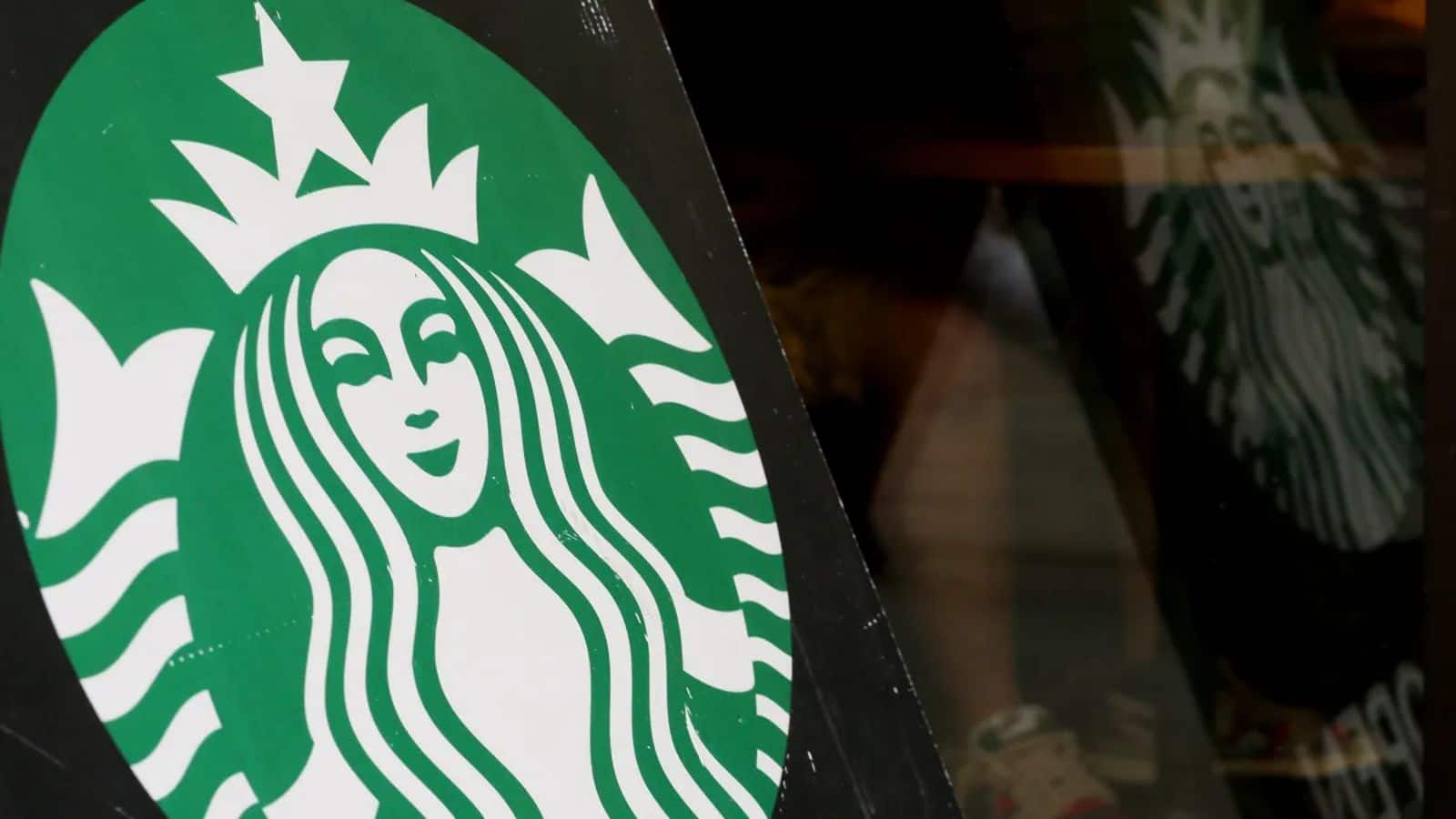
Starbucks abandons Odyssey NFT program, cites readiness for future evolution
What's the story
Starbucks has decided to discontinue its Odyssey non-fungible token (NFT) program, which is still in its beta phase. The company made the announcement on Friday, stating that the decision was made to pave the way for future developments as they continue to evolve the program. The future of Steve Kaczynski, who led the program, remains uncertain following this development.
About the program
Odyssey NFT program: An overview
Launched in 2022, Starbucks Odyssey was the company's first venture into the web3 world. It was a unique blend of Starbucks' Reward loyalty program and NFTs, designed to enhance the customer experience. Kaczynski, co-author of "The Everything Token" and community lead for Odyssey, had previously highlighted the potential value brands could find in such initiatives despite a downturn in the NFT market.
Scenario
Impact on the community
The Odyssey program had a significant impact on its community, with over 58,000 active participants at least on level one of its five-tiered system. Kaczynski noted that these participants were not just web3 natives, indicating a broader appeal. He also highlighted how the program helped people connect across geographical boundaries, fostering friendships between members from different places like California and Chicago.
Twitter Post
Take a look at Kaczynski's post
Sharing some very tough personal news - Starbucks has decided to sunset Odyssey. There’s a ton of uncertainty about my future now because I just lost my full-time job, but I'm doing my best to look at the positives.
— Steve 🤙 (@NFTbark) March 15, 2024
I'm incredibly grateful for Starbucks and the opportunity they…
Insights
Potential beyond Starbucks Odyssey
Kaczynski emphasized the potential of NFTs beyond just big brands like Starbucks. He suggested that local businesses could also leverage them to develop loyalty programs or use tickets as assets they can anchor and incentivize. Owning an NFT is akin to owning a unique digital item, much like a museum owning an original painting, adding value and providing proof of ownership, Kaczynski further explained.
Facts
Future of NFTs in brand building
As per Kaczynski, NFTs can play a significant role in community-based brand building, suggesting that brands could use "brand anchors" to gated areas like reward programs, which he expects to see more of in 2024. He also highlighted the importance of optionality for many people, stating that while not all community members engage in buying and selling, having the option is crucial.